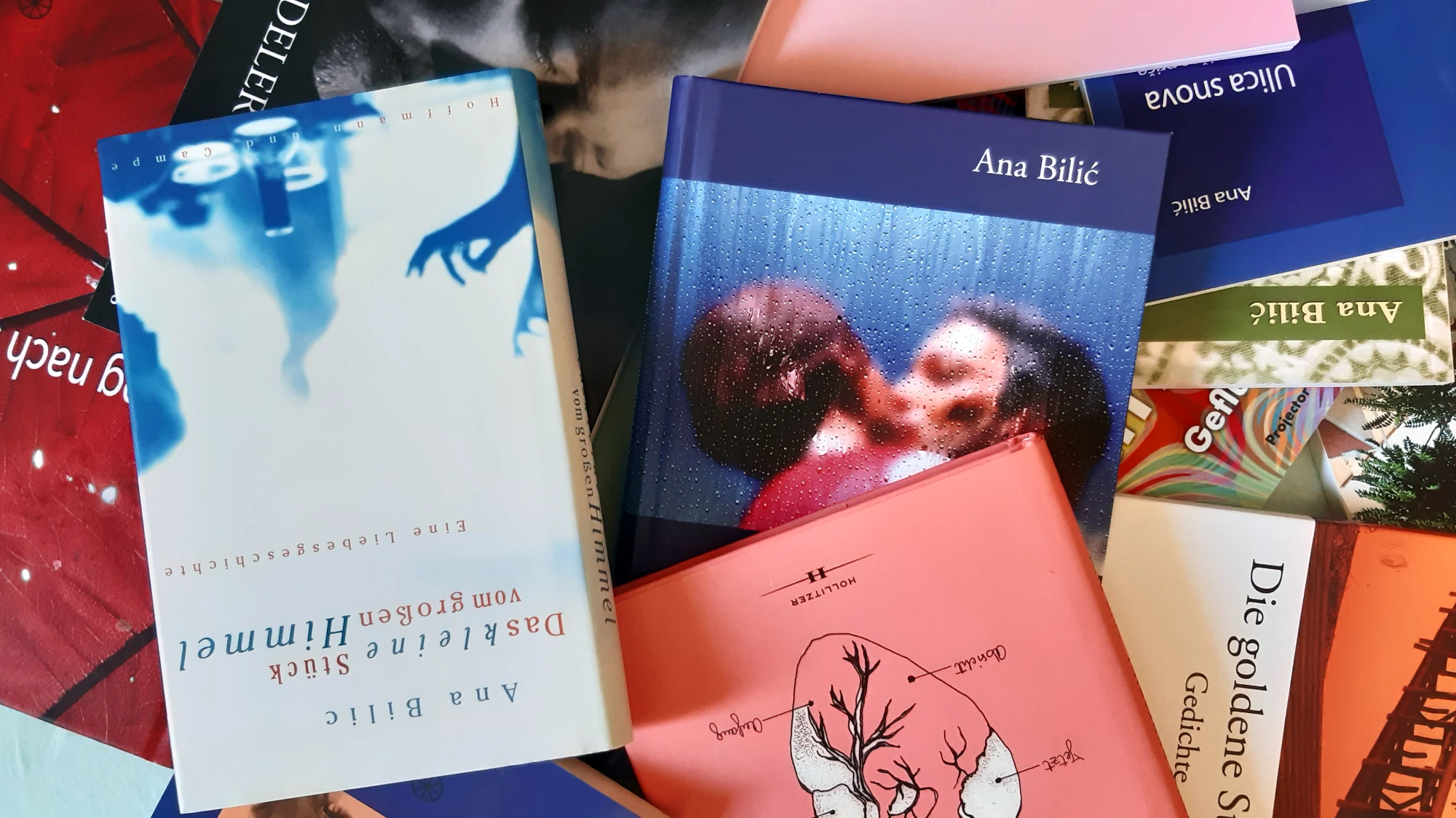7 Phases of Writing a Text
Written by Ana Bilić

Writing a literary text, theater text or screenplay is a great challenge. For me, it has always been like falling in love again – always fresh, unrepeatable and unforgettable. In my experience, there are seven stages of writing, each more exciting than the last. Here is an overview of all the phases as a guide for aspiring writers:
Phase 1: Idea
In this first phase, a brilliant, wonderful idea for a story emerges. It can be anything: observations, sentences, insights, drafts, statements, images, memories – simply anything that triggers a flood of emotions in your head and heart. Something that makes me say: Yes, that’s it! That’s what I want to write about.
Phase 2: Concept
A concept emerges from the scraps of ideas. What does the main character do, why, where, with whom, for what reason and everything that begins with W. My concepts for literary works are flexible and adaptable. For theater texts, I need a rather rigid concept. For educational literature, the concepts are quite clear and I stick strictly to them. For screenplays, the concepts are stubborn and inflexible, like a mathematical formula, but on the other hand they are a diamond when they are finished.
Phase 3: Manuscript
This is where the actual writing phase begins. In this phase, I usually write fluently without looking back. The concept occasionally serves as a guide so that I don’t lose the thread. A mistake for me is to write a chapter and then polish it until it shines and sparks. This is because after a few chapters I often come to the conclusion that the perfect chapters don’t fit in with the other chapters in terms of theme, style, subtext or characters.
Phase 4: Rearranging
Here I often rearrange finished chapters and sections. Some are omitted, new ones added, some shortened and some expanded. I look at the text as a whole and try to capture the story as clearly as possible in my mind’s eye. My friend Zenon, who I have already written about in a blog post, helps me with this. He is much more critical than I am and doesn’t let me sleep peacefully at night.
Phase 5: Fine-tuning – Getting a Better Grasp of the Meaning of Sections
Then comes a fine-tuning phase, in which I read each section carefully to answer my question: Does the meaning of the section come across correctly? How much does it deviate from the subtext that should logically be there? How can I correct these deviations and put them into right light?
Phase 6: Fine-Tuning – Capturing the Tone of the Sections Better
This phase is closely linked to the previous phase: improving the tone, appropriate rhythm and matching the writing style to the meaning of the passage. Is everyone getting along like happy family members or are they arguing and making a complete mess of my story?
Phase 7: Editing
Every sentence is scrutinized here. A lot of rewriting, improving, weighing up, rewriting, rewriting and rewriting again, according to the motto: “Writing is rewriting.” This phase requires a fine feeling for language and empathy. For me, this phase is a fine embroidery that generally never stops.
Is the text finished after these seven phases?
Yes, because you have a deadline. With a deadline, the text is forced to go out into the world and be published. All my texts go through different stages of life: childhood, puberty, maturity and, not dead, but waiting for eternity – and I always try not to let them out of the house until they have reached maturity. Because only mature, independent and responsible texts truly represent me and give me great inner satisfaction and the joy of moving on.
More Blog Posts
-
Why are Words So Important?
-
7 Phases of Writing a Text
-
Of Favorite Novel Characters and Shakespeare's Characters
-
On the Uncertain Freedom of Being and The Great Gatsby
-
The Last Sentence – the Answer and the Fruit
-
About the Blue Portrait, or About Words as My Friends
-
How Can a Story Write Itself?
-
How Does a Writer Improve in Their Writing
-
Something Like an Eternal Literature
-
A Good Writing Style, or the Author's Guided Dialog
-
What Makes a Good Novel?
-
About My Bookcase, Oscar Wilde and My Vocation as a Writer
Impressum | Datenschutz | Kontakt